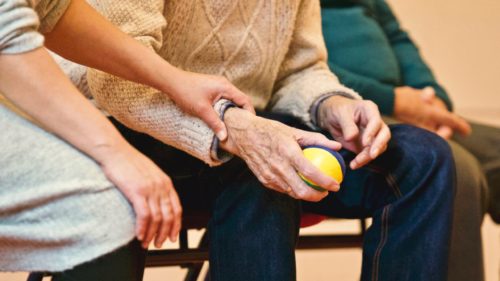
Nursing homes prescribe patients dangerous medications at an unusually high rate — 20% of US nursing home residents are given antipsychotic drugs that aren’t necessary.
Antipsychotics are powerful psychiatric medications with serious and permanent side effects, including death. If only 2% of the general population needs these medications, why do nursing homes prescribe them to patients at ten times that rate?
These drugs were initially intended for people with severe mental illness such as schizophrenia or bipolar disorder. They’re not intended to treat people with Alzheimers and were repeatedly denied approval for use in patients with dementia. They increase memory loss and crush people’s spirits.
The reason is that nursing homes prescribe these drugs to address conditions for which they were never approved. A recent AARP article reported that this is a national problem with several causes. One reason is inadequate training and staffing at nursing homes. Nursing home patients require a high level of personal care because they may be incontinent and may also suffer from dementia. Those patients can become upset if bedding and clothing changes, as well as staff attention, are not provided. Unfortunately, many long-term care facilities cannot provide required care. Instead, they prescribe antipsychotics to quiet distressed patients, without meeting their real nursing needs.
Another reason for nursing home’s misprescribing antipsychotics is when patients have what they call, “behavior problems.” These are patients who are upset, agitated or disruptive. In order to manage such “problems,” an increasing number of nursing homes prescribe antipsychotic medications to quiet the patients.
A third reason is the drug companies’ aggressive marketing efforts target doctors and other healthcare providers and encourage them to prescribe antipsychotic drugs.
What can family members do?
Since antipsychotic drugs are often given to the nursing home patients without their knowledge or consent, family and friends may be the only advocates for their loved ones.
Here are 3 steps family members of patients can take:
- Find out what medications are prescribed and for what purpose.
- Find out who prescribed them.
- Check with the prescribing doctor to make sure the drugs are appropriate to the underlying condition.
Has a nursing home mis-prescribed antipsychotic drugs to you or a loved one?
Ron Katter
Katter Law Firm
Phone: 866-LAW-HELP
Alt Phone: 212-809-4293
